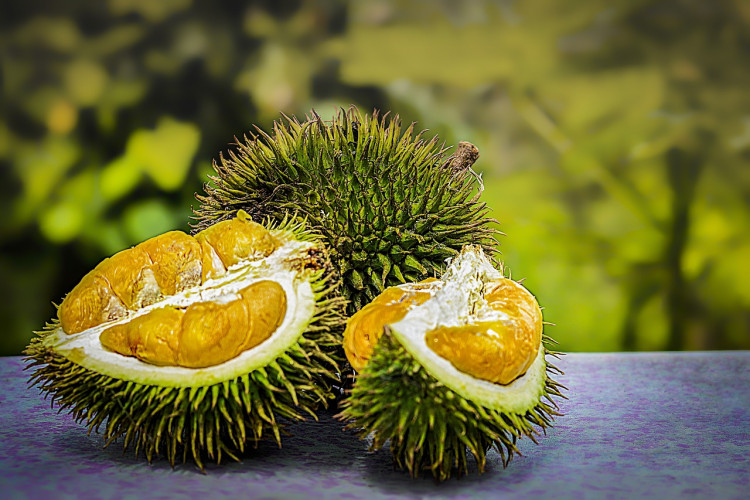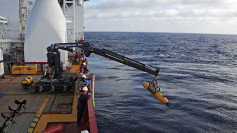Chinese hankering for durian, dubbed as 'world's smelliest fruit' for being often compared to the stench of sewage, is driving unprecedented investments on farmlands in Malaysia.
The durian business in the Southeast Asian country is experiencing rapid growth that investors who used to cash in from palm oil, which remains to be Malaysia's largest agricultural export at present, are slowly shifting ventures into the durian industry.
The demand from the Chinese market has compelled the Malaysian government to encourage its people to venture on large-scale farming of durian, Reuters reported. The Southeast Asian country is expecting a 50 percent climb in durian exports by 2030, driven primarily by the voracious demand coming from the Chinese.
In China, durian-flavored foods now come in different variations in which at some extent they are becoming somewhat "shocking" to those who still have yet to overcome the idea of eating a fruit as stinky as durian. For instance, there are already durian-flavored pizza, butter, salad dressing, and even durian-flavored milk. The hot pot, a food authentic to the Chinese cuisine, already has a durian variant at present.
The United Nation's trade archive revealed that China's durian imports increased by 15 percent last year to about 350,000 tons worth $510 million.
While Malaysia only accounted for a mere 1 percent of those imports, the Southeast Asian country is aiming to grow durian imports to 22,061 tons by 2030. To date, Malaysia's average durian imports to China are only at 14,000 tons.
Lim Chin Khee, a consultant for Malaysia's durian industry, told Reuters that durian products used to only be traded locally. With the Chinese demand, however, durian investors expanded their reach globally. Before the booming Chinese demand, Malaysians planted durian for leisure purposes only. Now, farmers have already been buying more acres of land.
Big investors are also taking advantage of the booming durian market. Malaysian government-owned palm oil company, Felda, had started planting durian this year.
PLS Plantations, which used to focus on its construction and palm oil business, announced in October it will be acquiring a $5 million stake in a still unnamed durian exporter.
M7 Plantation BHD, a private company, has also been developing a 10,000-acre land into a durian orchard. The company has also started selling durian trees for $1,200 a piece.
Meanwhile, on Nov. 23, Alibaba's online shopping platforms, Tmall, and Win-Chain signed a Memorandum of Understanding with Malaysia's BEHO Fresh. The MOU involved the export of whole and frozen durians to China.






